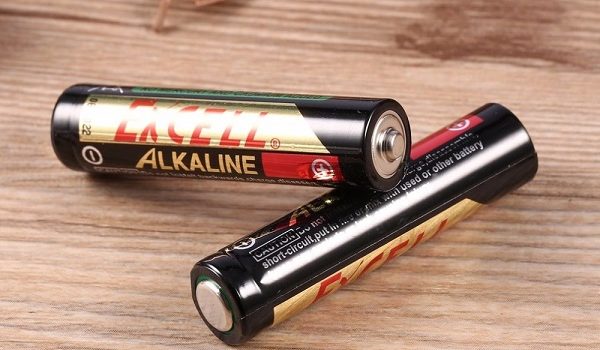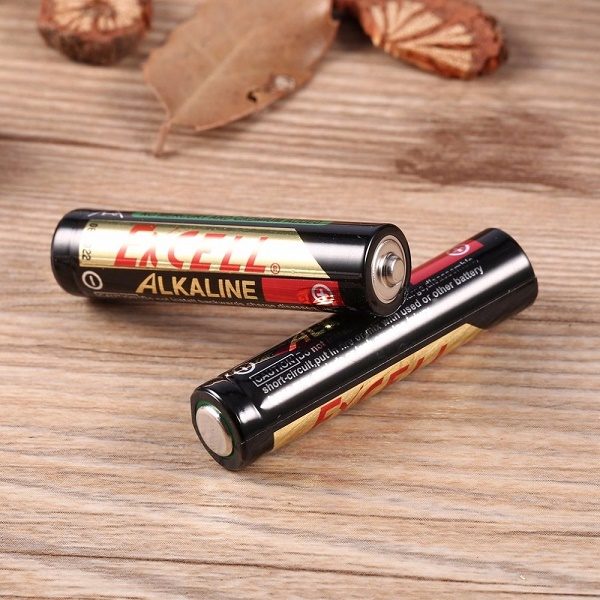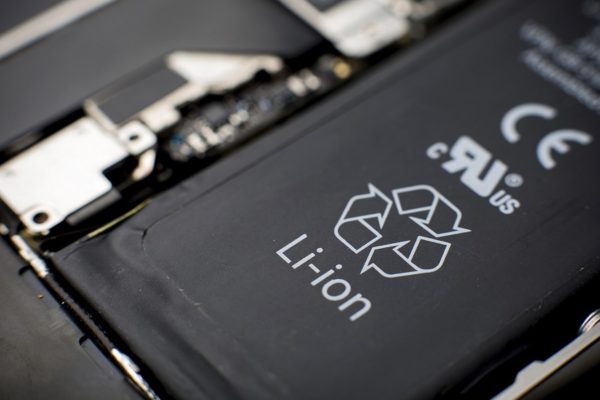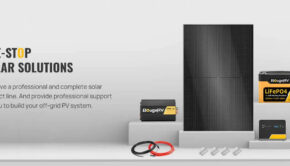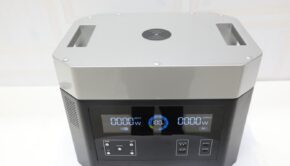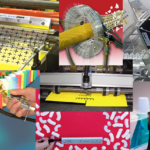Alkaline, Zinc, Lithium-Ion & Lead-Acid – Which Battery Is Best?
Batteries comprise of electrochemical cells that element external connection, giving power to electrical devices. In present days, this electrical energy source is an unavoidable buy, and it’s to your greatest advantage to be acquainted with the sorts of batteries that you will encounter so that you realize what and when to utilize.
General presentation – Types
- Primary batteries are expendable, implying that once they are drained of power completely, they can’t be recharged.
- Secondary batteries can be recharged when they are depleted of power, yet the charging and discharging cycles can occur for a predetermined number of times relying upon the sort of battery at hand.
Alkaline
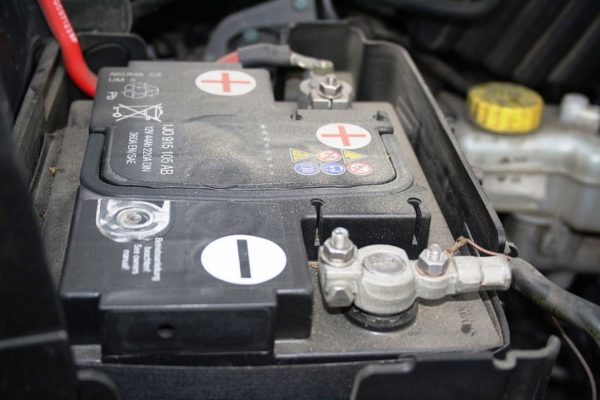
They depend on the reaction between manganese dioxide and zinc metal. Mainly, they are primary, but they can be rechargeable too, permitting the reuse of cells that are specially intended for this purpose. They are inclined to spilling potassium hydroxide, as they are utilized or gradually self-discharge the science of their cells changing and some hydrogen gas getting created. With primary models, their self-discharge rate is under 0.3% per month, and they should flaunt a 5 to 10-year life expectancy.
Applications
The high runtime they convey makes them perfect for remote controls, MP3 players, radios, digital cameras, and more. They are really the most widely recognized kind of batteries utilized on the planet, major consumption being seen in the U.S., UK, and Switzerland.
Lead-acid
It is the oldest type of rechargeable battery out there, and it supplies high surge currents that make it ideal for use in motor vehicles as it delivers the current needed by automobile starter motors. There are quite a few lead-acid battery varieties out there:
Assortments:
- Lead calcium – give higher CCA ratings, expect practically zero maintenance, and are more impervious to gassing, water usage, self-discharge, and corrosion.
- VRLA – their design anticipates electrolyte loss through gassing, spillage, and dissipation, guaranteeing a long life expectancy and simple upkeep.
- Lead antimony – diminished water loss, decreased internal heat, long lifespan, easy recharge.
- Absorbed glass mat – they withstand extreme shock and vibration, their cells not leaking regardless of whether the case splits.
- SLI – run of the mill use in automotive battery applications, they are intended to be completely charged when the car starts.
- Deep cycle – utilized for marine applications, electric vehicles, golf carriages, and fork lift trucks, they are intended to be completely discharged before recharging.
Applications
The application for which it is most usually known for is in SLI of cars, and also marine applications and different uses. Be that as it may, in the wet cell battery form, it can even be utilized as backup power supply for PCs, high end serves, and more.
Lithium-ion
These are rechargeable batteries that element lithium ions which move from the negative to the positive electrode amid release and from the positive to the negative electrode amid charging. They discharge at a high power and can be recharged more rapidly, and the interaction between their cells and the environment is mellow.
Applications
While the uses of lithium-ion batteries are many, we will specify the absolute most essential ones – powering trolling engines, remote monitoring systems, electric wheelchairs, lightweight laptops, phones, and that’s only the tip of the iceberg.
Zinc

They deliver a steady voltage output and a long lifespan. The zinc element is a good reducing agent that has a high theoretical capacity, all while conveying a low standard potential to deliver high cell voltage. They are recyclable as they don’t witness a loss of properties, and nickel-zinc and silver-zinc models are even rechargeable, progresses being made as we talk towards creating rechargeable zinc-air batteries.
Applications
Because of their design, these batteries are perfect for powering apparatuses that don’t require a generous amount of energy to run. There are recommended for use in items like smoke detectors, lights, remote controls, and clocks.
Conclusion – What’s your best option?
Obviously, your choice depends on the type of application or item you intend to use the battery for. By this point, it’s obvious that you need alkaline batteries for the remote control, a deep cycle battery for your boat, a zinc battery for the smoke detector, and a lithium-ion battery for the phone. Luckily, with all electric products and items there are instructions regarding the type of battery needed to power them, so all you have to do is make sure that you choose a qualitative model from the specific category you are supposed to look into.

